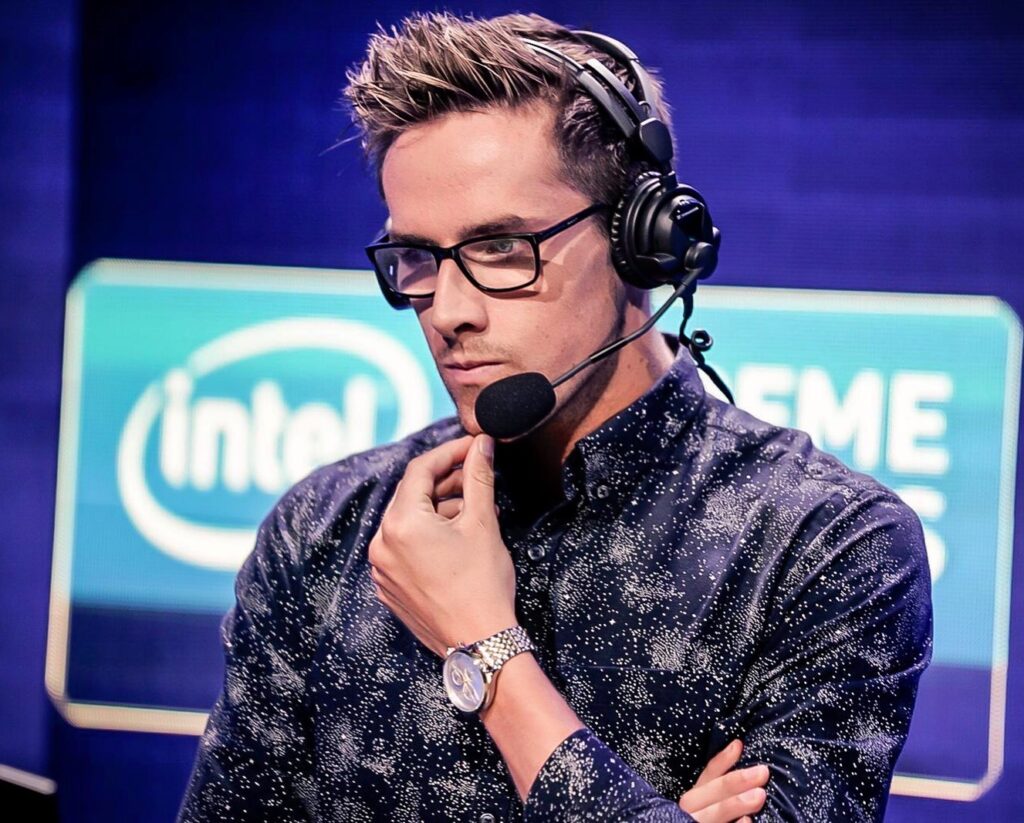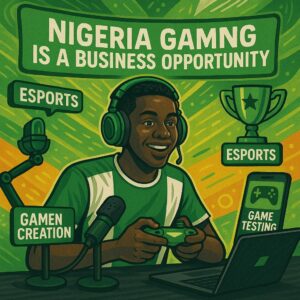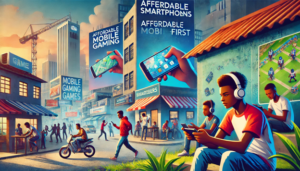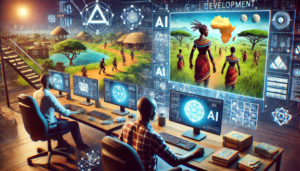CS:GO Analyst “Pimp” Calls for Greater Inclusivity in Global Competitions

Jacob “Pimp” Winneche, a well-known Danish analyst for Counter-Strike: Global Offensive (CS:GO), recently took to Twitter to advocate for greater inclusion of all regions in the top level of global competition. According to Pimp, the name Counter-Strike “GLOBAL” Offensive implies a truly global competition, and he believes that all regions should be represented.
Pimp hopes that the release of Counter-Strike 2 (CS2) will create a more diverse and inclusive landscape for CS:GO esports, where teams from Asia-Pacific, Africa, South America, North America, and Europe can all compete at the highest level.
Over the years, CS:GO has emerged as a global phenomenon, with millions of players competing against each other from different parts of the world. However, concerns have been raised about the game’s Europe-centric nature, with many of the top teams and tournaments being based in Europe.
The ongoing 2023 BLAST.tv Paris Major is a classic example of this Europe-centric behaviour. Pimp is serving as an Analyst for the competition, which has two qualifying routes for European teams – the European RMR A and the European RMR B. The top 8 teams from each route will make it to the Paris Major proper, while the teams placed ninth to eleventh will get a second chance to qualify through the European RMR Decider.
On the other hand, the American RMR will only see five teams qualify for the competition proper, while the Asia-Pacific region has only two spots available for the main event. This has raised concerns about the unequal distribution of opportunities and resources in the CS:GO competitive scene.
It’s fair to say that most people would want to see the best teams and players compete in global competitions. However, it’s essential to consider the limitations that may be preventing lesser-known teams and players from showcasing their talent.
While it’s understandable that viewers may not want to watch low-level opposition in a competition, we should question whether it’s fair to dismiss these teams as such. After all, how can we know their true level of skill and potential if they don’t have equal opportunities to develop and showcase their talent?
Expanding global competitions to other regions can have numerous benefits for the growth and inclusivity of the esports community. Not only can it increase the game’s global appeal, but it can also foster a more diverse and inclusive environment that breaks down barriers and promotes greater understanding and unity within the gaming community.
Furthermore, involving the best teams from all regions can help ensure that the game remains competitive and exciting for everyone, not just those in Europe. This can lead to the emergence of new strategies and playstyles that keep the game fresh and challenging for all players.
Pimp’s call for inclusivity in top CS:GO competitions is a crucial step towards addressing the issue of Europe-centric behaviour in the esports community. It highlights the need to create a more diverse and inclusive community that provides opportunities for players from all regions to showcase their skills and compete on a global stage.
By involving the best teams from all regions, we can create a more competitive and exciting environment that keeps the game fresh and challenging for everyone. Embracing the “Global” in Counter-Strike: Global Offensive is essential for the growth and inclusivity of the esports community.
It’s time to recognise that inclusivity is not only essential for creating a fair and equitable playing field, but it’s also crucial for the continued growth and success of the game. By working towards a more diverse and inclusive community, we can provide more opportunities for players worldwide and ensure that the game remains competitive and exciting for everyone.





